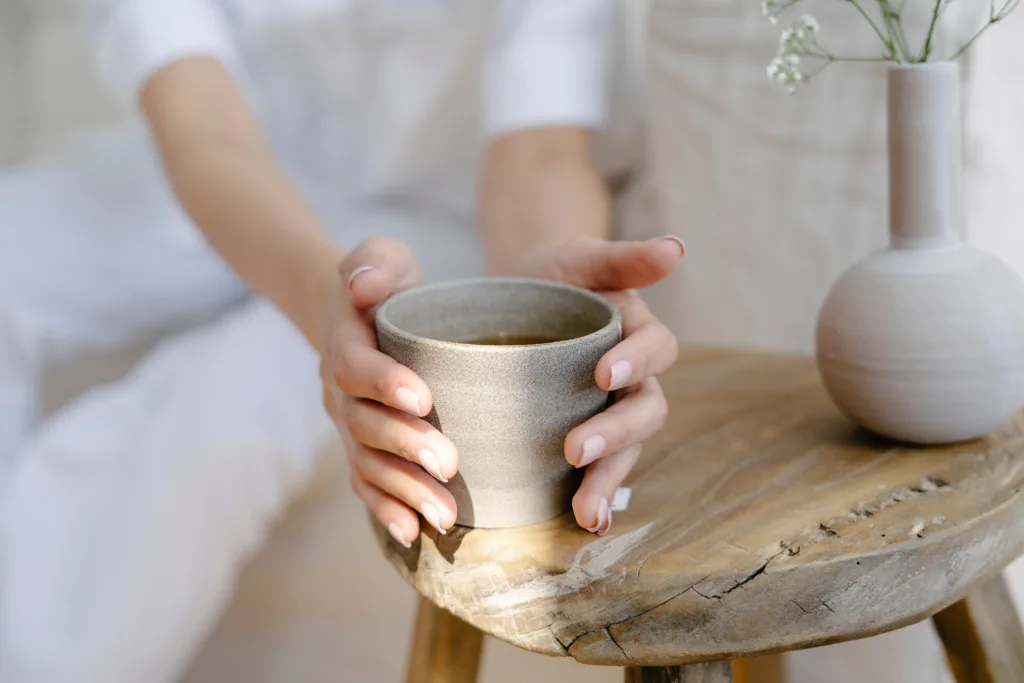Anxiety is a common mental health condition that affects millions of people worldwide. It is characterized by feelings of worry, fear, and unease, and can have a significant impact on a person’s daily life. Fortunately, there are various grounding techniques that can help individuals manage their anxiety symptoms and regain a sense of control.

Grounding techniques are simple exercises that help individuals connect with their physical environment and calm their thoughts. These techniques work by bringing an individual’s attention back to the present moment and away from anxious thoughts and feelings. Here are some popular grounding techniques that can be useful in managing anxiety.
Deep breathing exercises
Deep breathing exercises are an effective way to calm down the body and reduce feelings of anxiety. To practice deep breathing, sit or lie down in a comfortable position and take slow, deep breaths. Focus on the sensation of the breath entering and leaving your body, and try to slow your breathing down as much as possible. Repeat this exercise for several minutes until you feel calmer.

Progressive muscle relaxation
Progressive muscle relaxation is a technique that involves tensing and relaxing different muscle groups in the body. This technique can help individuals release physical tension and reduce feelings of anxiety. To practice progressive muscle relaxation, sit or lie down in a comfortable position and focus on one muscle group at a time. Tense the muscle group for several seconds, then release the tension and focus on the feeling of relaxation. Repeat this exercise for each muscle group in the body.
Grounding through the senses
Grounding through the senses is a technique that involves focusing on sensory experiences in the present moment. This technique can help individuals feel more connected to their physical environment and reduce feelings of anxiety. To practice grounding through the senses, focus on each of the senses one at a time. Notice what you can see, hear, feel, smell, and taste in your surroundings. Engaging with each sense can help you feel more present in the moment and less focused on anxious thoughts.

Mindfulness meditation
Mindfulness meditation is a technique that involves focusing on the present moment and non-judgmentally observing thoughts and feelings. This technique can help individuals reduce the impact of anxious thoughts and feelings on their mental well-being. To practice mindfulness meditation, sit or lie down in a comfortable position and focus on your breath. As thoughts and feelings arise, acknowledge them without judgment and bring your focus back to the breath.
Exercise
Regular exercise is an effective way to manage anxiety symptoms. Exercise releases endorphins, which are natural mood-boosting chemicals in the brain. Exercise can also help individuals release physical tension and reduce feelings of stress and anxiety. Even a short walk or gentle yoga session can be enough to improve mood and reduce anxiety symptoms.

Grounding objects
Grounding objects are items that individuals can use to connect with their physical environment and reduce feelings of anxiety. These objects can be anything that feels calming and grounding to the individual, such as a favorite blanket, a stress ball, or a piece of jewelry. Carrying a grounding object can provide a sense of comfort and help individuals feel more present in the moment.
In conclusion, there are various grounding techniques that individuals can use to manage their anxiety symptoms. These techniques work by bringing an individual’s attention back to the present moment and away from anxious thoughts and feelings. By practicing these techniques regularly, individuals can learn to manage their anxiety symptoms and improve their overall mental well-being. It is important to note that if anxiety symptoms persist or interfere with daily life, it is essential to seek professional help from a mental health provider.
